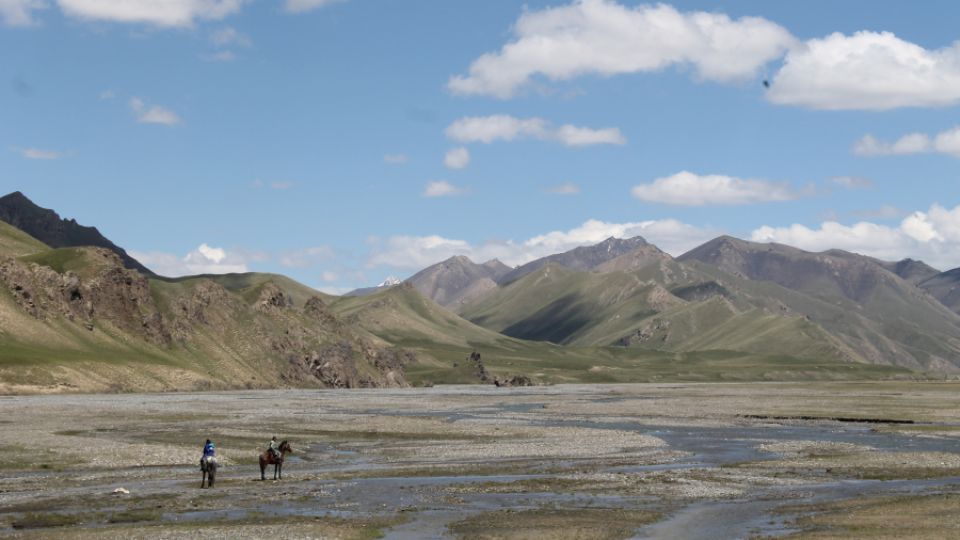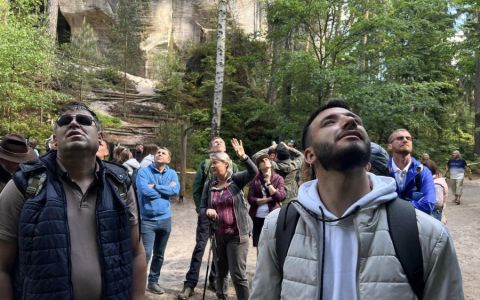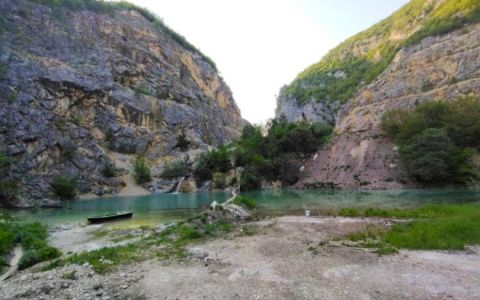To resolve the issue of climate change, the world must cooperate in an unprecedented way. At the same time, not every country contributes the same to worsening climate change, and some countries are more affected than others. How is the situation in Kazakhstan?
Endangered by climate change: episode 2 of 3
How does climate change affect Kazakhstan?
Scientists predict that Kazakhstan will face such problems associated with climate change as desertification, increased fire hazard in forest and steppe areas, reduction of glaciers, and deterioration of conditions for developing agricultural areas. Natural disasters such as landslides, mudslides, avalanches, floods, hurricane winds, frosts, and droughts may increase in the country's eastern and south-eastern mountainous areas. Climate change also leads to the deterioration of soil quality. Kazakhstan is already beginning to experience water resources shortages; according to forecasts, by 2040, it may face severe water shortages. Since almost all sectors of the economy depend on water, GDP may decline due to water scarcity in the country's regions.
Climate change is reducing the water availability of rivers. The average annual temperature rises. In winter, the number and duration of thaws increase, and the depth of ground freezing decreases, causing meltwater to escape into the soil and not fill the rivers. And a warm spring causes water to evaporate and enter the atmosphere. As a result, the rivers' regimes change. Already today, the Ural (Zhaiyk), Tobol, Ili, Irtysh, and Esil rivers are seriously shoaling. Also, Lake Balkhash, which is 80% dependent on the transboundary glacier-fed Ili River, is vulnerable to runoff and climate change. Over the past 60 years, Ile-Alatau, like other Central Asian mountain ranges, has been shrinking at an average rate of 0.73-0.76% per year in the area and about 1% per year in the volume of ice. If these rates persist in the future, the vast majority of glaciers may completely melt by the end of this century. The Dzungarian glacier system may disappear as early as 2080, and the North Ileian and Altai glaciers by 2085.
10 Tips: What can everyone do to combat climate change?
It takes serious action to combat climate change, which depends on the decision of our governments. However, everyone can contribute to solving environmental problems that depend on climate change:
- Travel more on public transportation, bicycles, and walking, and fly less
- Eat more plant-based foods,
- Reduce waste and sort it out,
- Use renewable energy sources (solar, wind),
- Insulate your home,
- Save energy, water, and food as much as possible,
- Buy local products,
- Buy fewer clothes and wear them longer,
- Plant trees and flowers,
- Spread the word about climate change.

Last time, you learned about basic facts associated with climate change. Today we talked about the manifestations of climate change in Kazakhstan and how you can get involved in the fight against it. Next time we will discuss whether climate change affects men and women differently and the Sustainable Development Goals.
Other episodes of the series:
Episode One: Simply about climate change. How does it affect the planet and people's lives?







